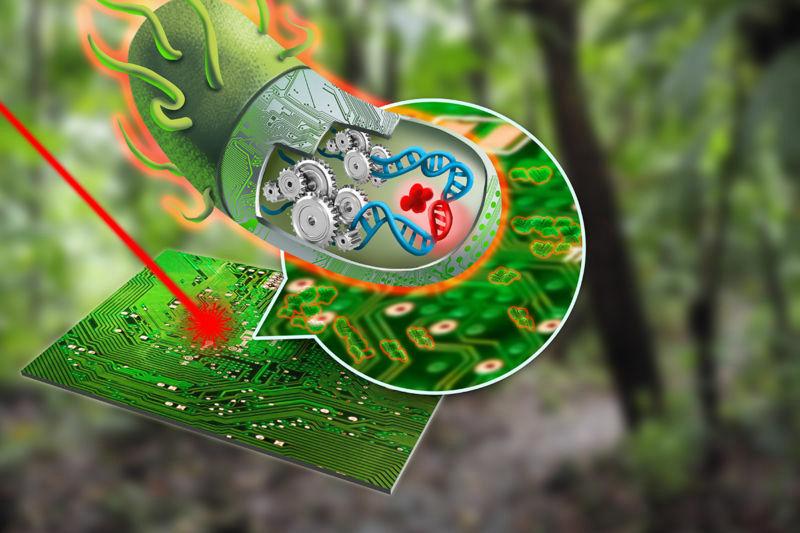Engineering Life: The Science And Technology Behind Synthetic Biology

Synthetic biology is a rapidly evolving field that combines biology, engineering, and computer science. At its core, synthetic biology is about designing and building new biological systems that do not exist in nature. This involves manipulating the genetic code of organisms to create new functions and behaviors.
One of the key tools of Synthetic Biology is DNA synthesis. This involves creating new sequences of DNA that can be used to program cells to perform specific functions. This technology has advanced rapidly in recent years, making it easier and cheaper to create custom DNA sequences.
Another important tool of synthetic biology is gene editing. This involves making precise changes to the genetic code of organisms to alter their behavior or create new functions. One of the most widely used gene editing tools is CRISPR/Cas9, which allows researchers to make precise changes to the genome of cells.
In addition to DNA synthesis and gene editing, synthetic biology also involves the use of computer modeling and simulation to design and test new biological systems. This allows researchers to predict the behavior of biological systems before they are built, which can save time and resources.
Overall, synthetic biology is a multidisciplinary field that combines biology, engineering, and computer science to create new biological systems. By manipulating the genetic code of organisms, researchers can create new functions.
- Art
- Causes
- Crafts
- Dance
- Drinks
- Film
- Fitness
- Food
- Games
- Gardening
- Health
- Home
- Literature
- Music
- Networking
- Other
- Party
- Religion
- Shopping
- Sports
- Theater
- Wellness
- IT, Cloud, Software and Technology


